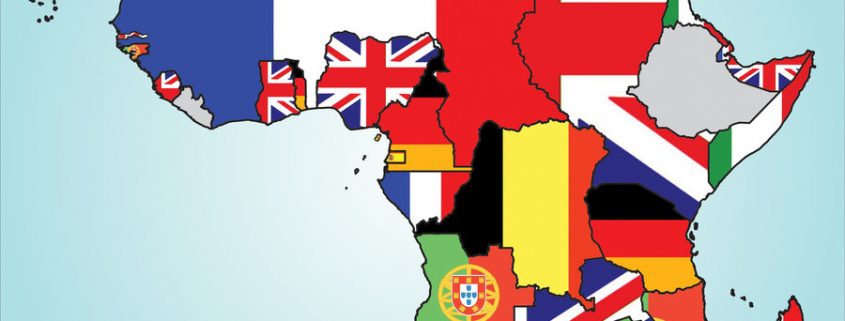The impact of colonialism on African languages
The decline of ethnic languages has been a matter of serious concern for many linguists. Since colonial times, the status of African countries as developing countries has not changed. Yet, the language varieties of Africa hold the key of its development.
Languages as communication and as culture are then products of each other. Communication creates culture: culture is a means of communication. Language carries culture, and culture carries, particularly through orature and literature, the entire body of values by which we come to perceive ourselves and our places in the world. (Williams and Chrisman, 1994: 441-442)
The colonization of Africa by European powers had a dramatic impact on the continent. Africans were acculturated in almost every area of their culture.
Colonial rulers had every expectation that the countries they ruled should model the cultural traditions of Europeans. They viewed Africans as culturally inferior. As a result, cultural characteristics like language changed for Africa. Many Africans learned the European languages so they would have the opportunity for economic mobility.
Africans did not traditionally have formal education systems. Europeans introduced formal systems to train Africans to partake in the colonial process. In other words, the schooling of Africans was not done for their benefit, but to indoctrinate a segment of the population that could be mobilized to assist in the political, social, and economic exploitation of Africa. After Europe was through exploiting Africa, it simply left. African languages were diluted, and no measures were taken to help Africans transition to self-governance.



